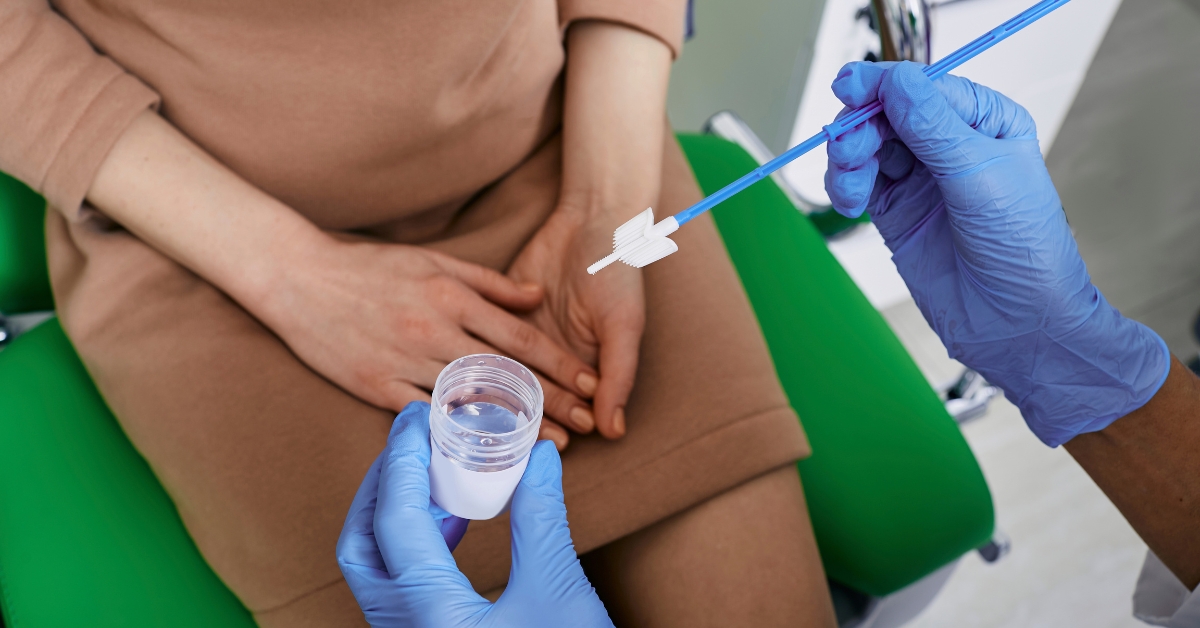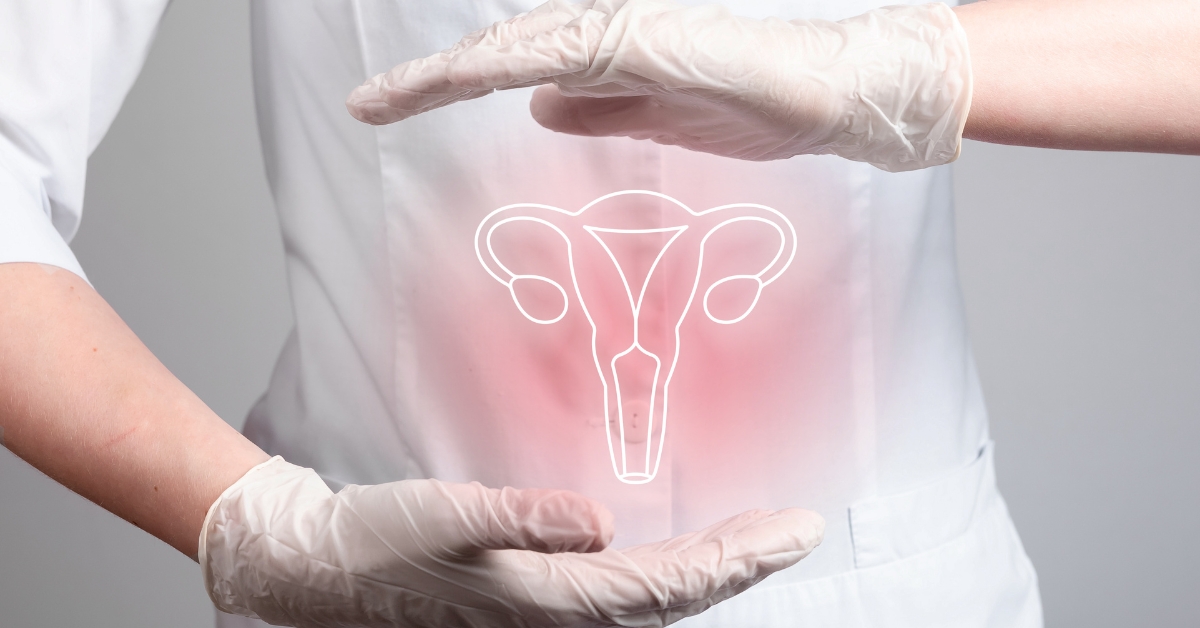Ensure cervical health with regular Pap smears—early detection of abnormalities and cervical cancer prevention. Stay proactive and prioritize your well-being.
Introduction
When prioritizing our overall health, paying attention to the importance of regular Pap smears for cervical health is crucial. Pap smears, also known as Pap tests, are screening tests that help detect early signs of cervical cancer and other abnormalities in the cervix. By undergoing regular Pap smears, individuals can take proactive steps toward maintaining their cervical health and potentially preventing the development of cervical cancer.
Understanding Cervical Health
The cervix is a vital part of the female reproductive system, located at the lower end of the uterus. It plays a crucial role in facilitating pregnancy and protecting the uterus from infections. However, the cervix is susceptible to certain health issues, with cervical cancer being one of the most prevalent and potentially life-threatening conditions. Regular Pap smears can aid in the early detection of cervical abnormalities, enabling timely intervention and treatment.
The Purpose of Pap Smears
Pap smears primarily serve as a screening tool for cervical cancer. A healthcare professional collects a small sample of cells from the cervix during the procedure. These cells are then examined under a microscope to identify any abnormal changes. Early detection of abnormal cells through Pap smears allows prompt medical intervention, reducing the risk of cervical cancer progression.
Recommended Frequency for Pap Smears
Following the recommended guidelines regarding the frequency of Pap smears is essential. The exact frequency may vary depending on age, medical history, and previous Pap smear results. Generally, women between the ages of 21 and 29 should undergo a Pap smear every three years. From age 30, women are often advised to combine a Pap smear with an HPV (Human Papillomavirus) test every five years or continue with Pap smears alone every three years until the age of 65.
Early Detection and Prevention
Regular Pap smears are instrumental in detecting cervical abnormalities early on. The sooner abnormalities are identified, the better the chances of successful treatment. By detecting precancerous or cancerous cells in their initial stages, healthcare professionals can recommend appropriate treatment options, including surgical intervention, medication, or other specialized procedures. Early detection can save lives and significantly improve the prognosis for individuals diagnosed with cervical cancer.
Reducing Anxiety and Promoting Peace of Mind
Undergoing regular Pap smears also helps alleviate anxiety and promote peace of mind. Regular screening allows individuals to stay on top of their cervical health, knowing they are taking proactive steps to prevent or detect potential issues. The knowledge that one is actively monitoring their cervical health can provide a sense of reassurance and reduce anxiety related to the possibility of developing cervical cancer.
Importance of Pap Smears for Young Women
Cervical cancer can affect women of all ages, and regular Pap smears are especially vital for young women. While cervical cancer typically develops slowly over time, certain risk factors, such as high-risk HPV strains, can increase the likelihood of developing the disease. By initiating regular Pap smears early, young women can establish a baseline for their cervical health and detect any abnormalities or changes at an earlier stage, setting the foundation for a lifetime of proactive care.
Overcoming Barriers to Pap Smears
Despite the importance of regular Pap smears, various barriers may hinder individuals from prioritizing their cervical health. These barriers can include limited access to healthcare, financial constraints, cultural beliefs, fear or anxiety associated with the procedure, and lack of awareness. Overcoming these barriers requires collective efforts from healthcare providers, policymakers, and communities to ensure all individuals can access affordable and culturally sensitive cervical health services.
Conclusion
Regular Pap smears are a crucial aspect of maintaining optimal cervical health. By detecting cervical abnormalities early, individuals have a higher chance of successful treatment and improved outcomes. Prioritizing regular Pap smears empowers individuals to take control of their health and well-being, promoting early detection, prevention, and peace of mind.
FAQs
How often should I get a Pap smear?
The recommended frequency for Pap smears varies depending on age and previous results. Generally, women between 21 and 29 should get a Pap smear every three years, while women over 30 may combine it with an HPV test every five years or continue with Pap smears alone every three years until the age of 65.
Are Pap smears painful?
Pap smears are usually not painful, although some may experience slight discomfort during the procedure. If you are concerned about discomfort, communicate with your healthcare provider, who can help ensure your comfort throughout the process.
Can Pap smears detect other conditions besides cervical cancer?
Yes, Pap smears can detect other conditions, such as infections, inflammation, and precancerous changes in the cervix. This makes Pap smears an essential screening tool for overall cervical health.
What should I do if my Pap smear results are abnormal?
If your Pap smear results are abnormal, it does not necessarily mean you have cervical cancer. Further testing may be required to determine the nature of the abnormality and guide appropriate treatment. Consult with your healthcare provider, who will guide you through the necessary steps based on your situation.
Can I skip Pap smears if I have received the HPV vaccine?
No, even if you have received the HPV vaccine, it is still important to continue with regular Pap smears as your healthcare provider recommends. The HPV vaccine protects against certain high-risk HPV strains, but not all of them. Pap smears remain crucial in detecting any abnormalities that may develop, irrespective of vaccination status.






